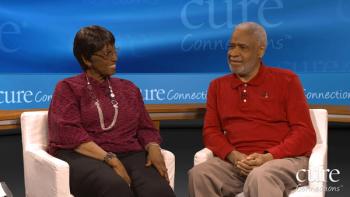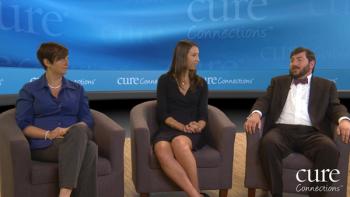
Psychosocial

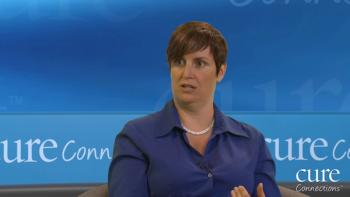
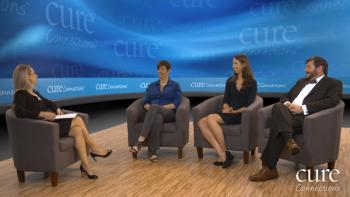
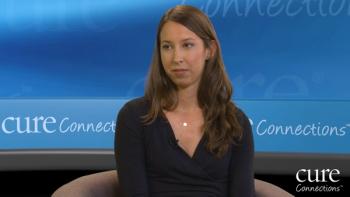
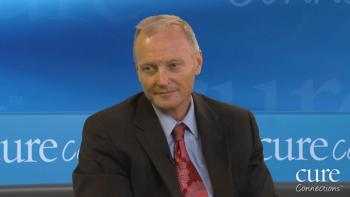
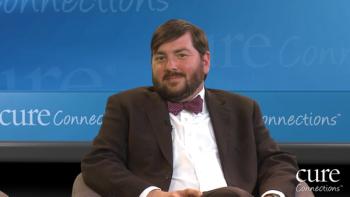
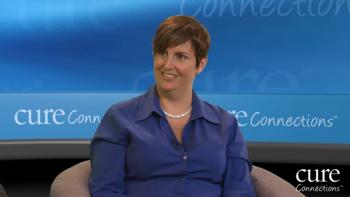
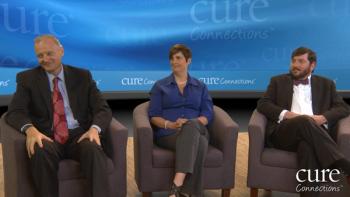
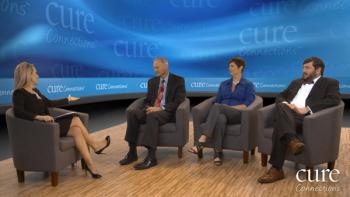
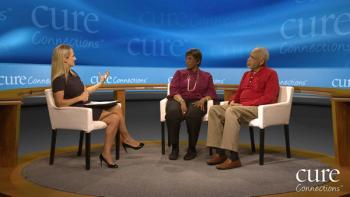
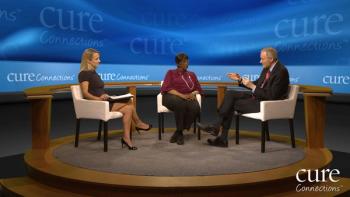
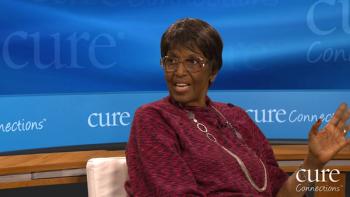
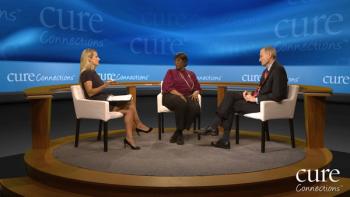
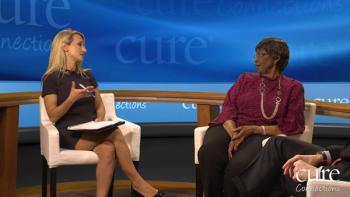
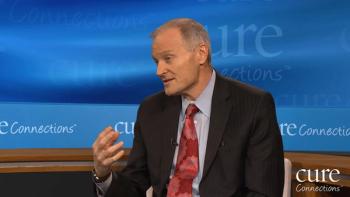
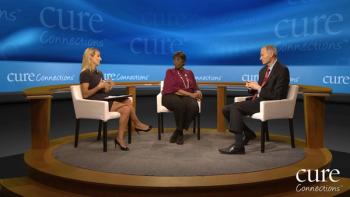
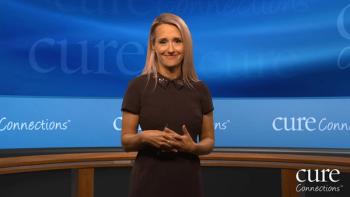

A cancer diagnosis brings with it a world of fears, but living with advanced/terminal cancer puts the other fears into perspective.
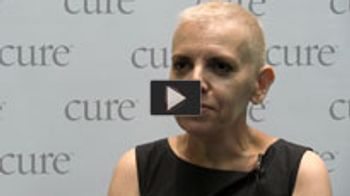
Anne Katz, RN, PhD, clinical nurse specialist, sexuality counselor, CancerCare Manitoba, discusses young patients with cancer and their sexuality.

In two weeks, I will be at Mayo Clinic undergoing my annual screening for the various Lynch syndrome-related cancers for which I am at risk.
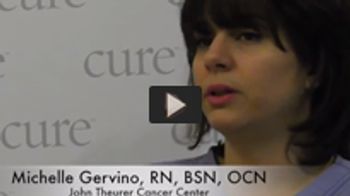
Michelle Gervino, an oncology nurse with John Theurer Cancer Center, discusses the importance of caregivers, as well as resources for both caregivers and patients.

The reason breathing techniques are so powerful, is they can lower blood pressure, heart rate and ease tension on capillaries.
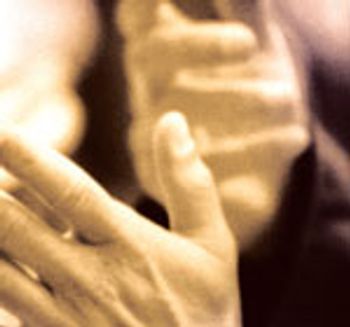
A new study has found that a psychosocial telephone counseling intervention helps improve mood and quality of life in cervical cancer survivors.

Results of a follow up study have shown that when women were taught stress management techniques early in their breast cancer treatment, their mood and quality of life continued to improve up to 15 years later.

No matter how strong we are, the intense treatments, side effects, and emotional toll of cancer can push a person to her breaking point. If you are lucky, you have someone to help guide you through it.

After nearly four years of cancer treatment, I thought I'd experienced all possible types of scanxiety. I was wrong.

Worrying and cancer go hand-in-hand. It's possible to take a step back from excessive worrying and give yourself a break.

Scan anxiety haunts virtually every person dealing with cancer. Here are a few tips for managing the stress.
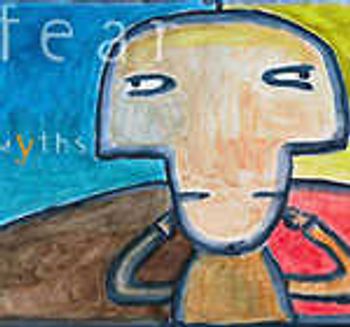
When motivating people to get screened for cancer, fear may not be the best way to do it.
